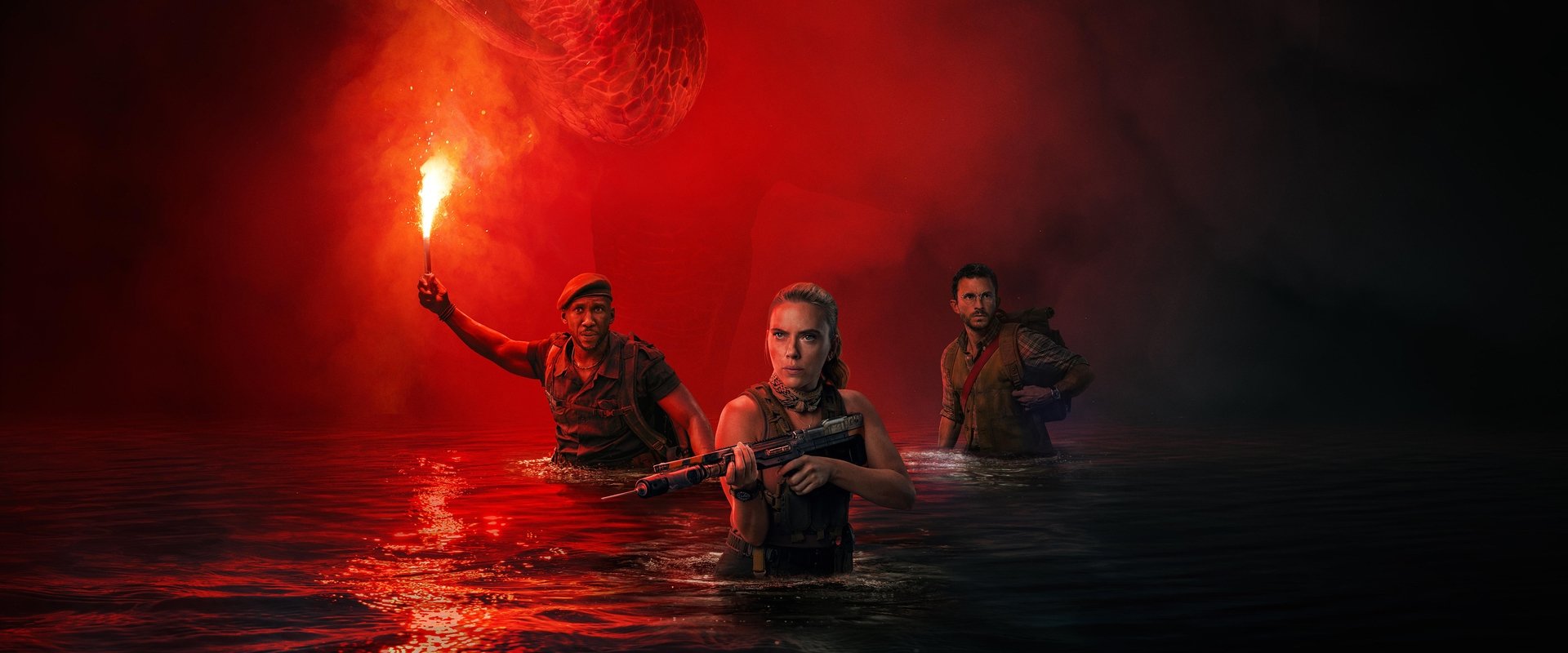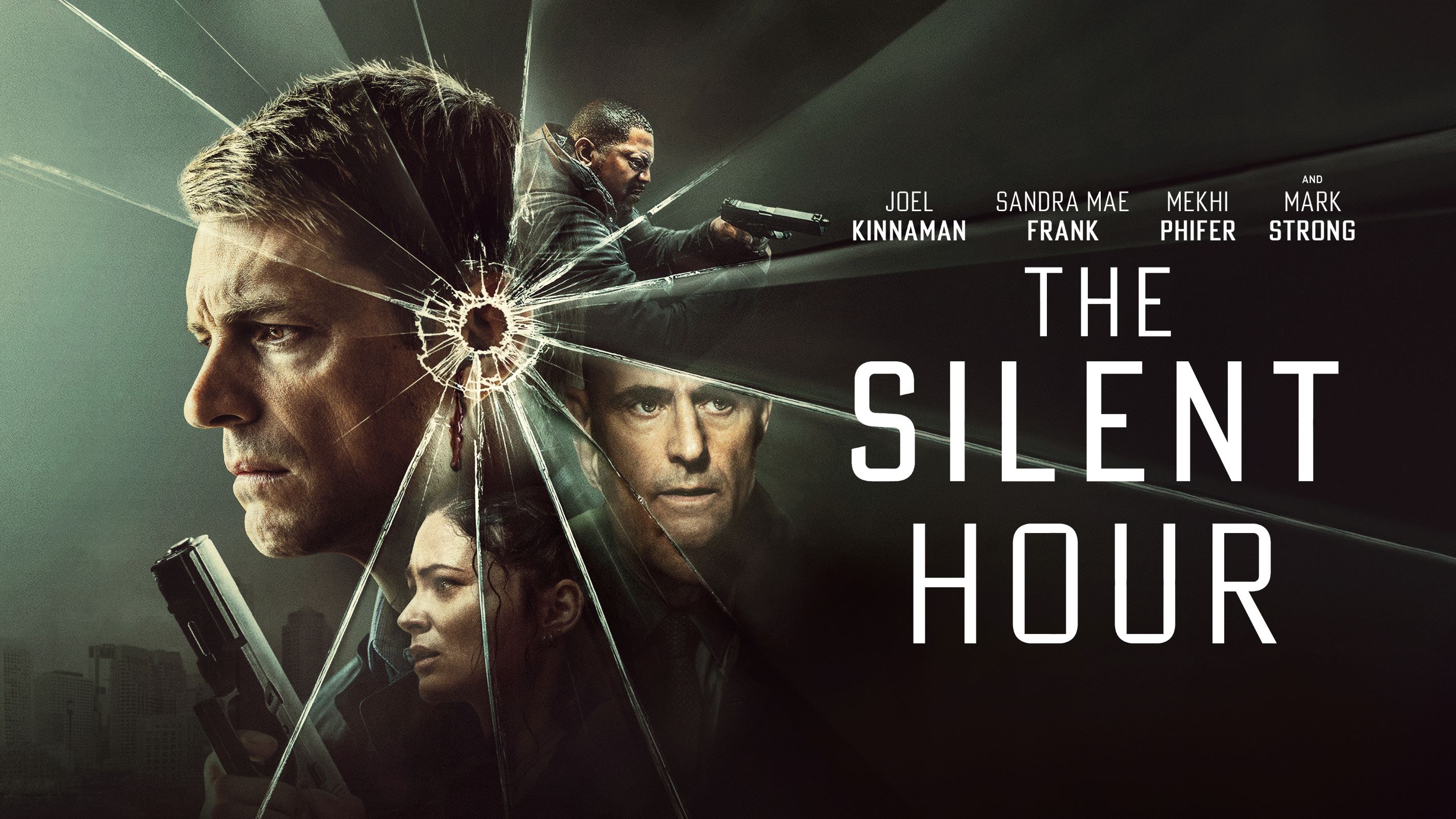If the original Jurassic Park was the cinematic equivalent of hearing Beethoven's Fifth for the first time, disruptive, awe-inspiring, and strangely primal, then this seventh fossilized entry, Jurassic World Rebirth, is what happens when you ask an algorithm to remix that symphony using only elevator chimes and the incessant crinkle of a Snickers wrapper. That wrapper, tossed by an over-caffeinated, under-written scientist in this film’s opening moments, is perhaps more memorable than anything that follows, a literal flake of trash that signals the lazy entropy setting in, not just in the movie’s security system, but in the script, direction, and spirit of this once vital franchise.
Rebirth opens, as these movies must, with a sequence so decorously stupid you almost admire its audacity: a containment breach started not by hubris or science run amok, but by the accidental insertion of a candy wrapper. Five minutes in and the movie’s ambitions are already in cardiac arrest. It’s a farce, yes, but not of the self-aware variety; more like the sort of joke your uncle tells every year at Thanksgiving, hoping nostalgia will obscure his lack of punchline.
The dialogue ricochets between stilted exposition and a kind of popcorn-mouthed improvisation that makes you wonder if anyone ever glimpsed the script until the clapboard snapped shut. Scenes unfold with all the spontaneity of a vacation slideshow, except the actors, this time, look more trapped than the dinosaurs. And what of Scarlett Johansson? Her Zora Bennett, all sinew and squint, soldiers gamely through the numbingly conventional set pieces, but there’s little she, or Mahershala Ali, or anyone, can do when every line sounds like a memetic echo: flat, perfunctory, and draining in its unreality.
There is a “scam” subplot, a word which here means ‘a five-minute imitation of a caper, untouched by wit or purpose’ between Zora and Kincaid, so listlessly staged you half-expect to see the boom mic dip on screen, bored by its own proximity. The acting is less wood than particleboard. Gareth Edwards, handed a colossus and a blank canvas, appears content to Xerox every move from earlier installments, monster on the left, panicked ensemble on the right, now cue the obligatory shot of jaws around another contract player.
David Koepp’s return as screenwriter is billed as a homecoming, but it’s a home ransacked and vacated, the furniture arranged in the proper order but the soul conspicuously absent. Koepp, once a pop magician who gave us the electricity of Jurassic Park, now seems content to autograph his own used scripts, padding the run-time with limp call-backs and cloying nostalgia, and hoping the audience will mistake this for substance. There’s the villainous corporation, the noble scientist, the mutant monstrosity (in this case, the Distortus Rex, the result after a T-Rex fucks a xenomorph), and the ragtag survivalists. All tucked away in familiar, mossy corners, as if the film itself knows it’s on borrowed ground.
And let’s talk about those dinosaurs. There is a glorious art to onscreen monsters, to the clammy awe of seeing skin and teeth rendered gigantic against the tiny canvas of frail humanity. Here the CGI is so glumly routine, so aggressively pedestrian in its ambition, that you’d be forgiven for longing for a rubber puppet or even a man in a lizard suit. We’re meant to be electrified by scale and carnage, but the scenes play like diorama outtakes from an aging theme park ride: inflatables that refuse to puncture, creatures who obligingly knock on 7-Eleven doors and are stymied by a well-placed retail rack. Eye candy, yes, but by now it’s all artificial sweetener, visuals designed to pander, not to astound.
The dialogue, meanwhile, passes solemnly into the realm of unintentional camp. “What are they?” gets answered with “I don’t know, they’re mutant as shit,” which may be the most honest moment in the entire film, though not in the way Koepp or Edwards intended. Everything that once felt like sly blockbuster meta-commentary now clangs with the sound of a franchise embarrassing itself in real time. The death scenes are neutered; Ed Skrein, he who has survived far greater indignities in his career, is dispatched with so little ceremony you sense an offscreen apology accompanied his final paycheck.
Watching this parade of nonentities blunder through one half-hearted peril after another, I found myself, heretic that I am, rooting for the xenomorph-T-Rex bastard, if only in hope of a mass extinction event that would put both humans and script out of their misery. The storyline stumbles about like a sedated raptor, random, twitchy, and never quite threatening. Not even the prospect of “heart disease miracle drugs” can raise the pulse.
Jurassic World Rebirth is not so much a film as a product: a sequence of trademarked images and repackaged themes, deployed with the cynical calculation of a quarterly earnings report. The best blockbusters operate on a kind of cinematic jazz, a wild, collaborative improvisation between audience and filmmaker, risk and reward, dread and delight. This, instead, is Muzak piped into a dying atrium, the echo of a franchise watching its own extinction, too craven to roar, too tired to run.
You may leave the movie fed up with dinosaurs; you may, in fact, long for their actual extinction, just to spare another generation the spectacle of watching Hollywood’s most beloved genetic experiment decompose in public. The aftertaste is not wonder but fatigue, and unlike those unpuncturable rubber rafts, your patience may finally be ready to deflate.


